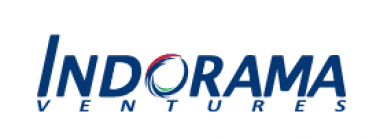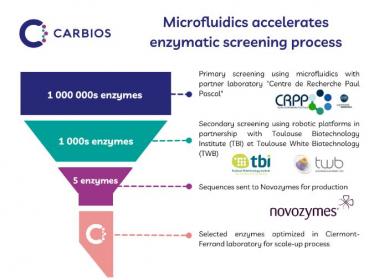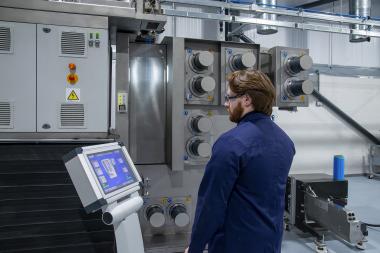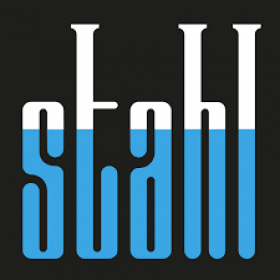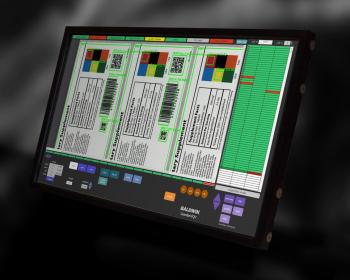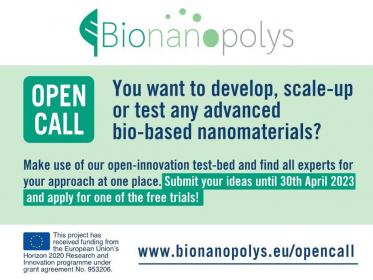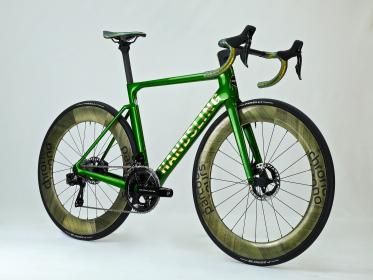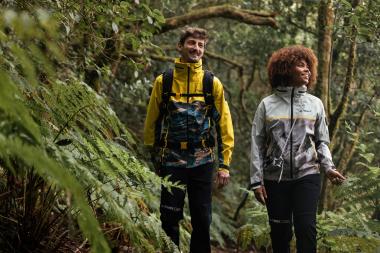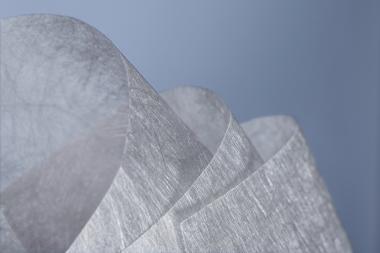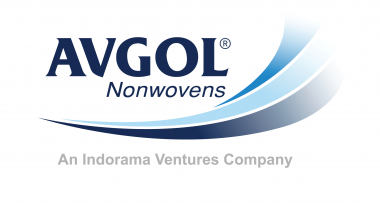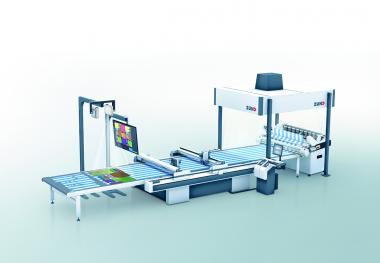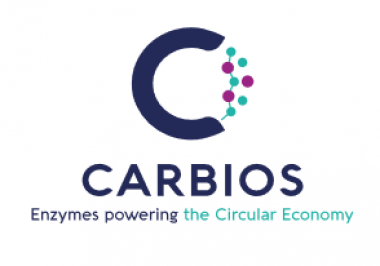Indorama Ventures reports improved quarterly earnings
- 1Q23 Performance Summary
- Revenue of US$4B, an increase of 3% QoQ and a decline of 9% YoY
- Reported EBITDA of US$301M, an increase of 269% QoQ and decrease of 62% YOY
- Operating cash flows of US$201M
- Net Operating Debt to Equity of 1.00x
- Reported EPS of THB 0.14
Indorama Ventures Public Company Limited (IVL), a global sustainable chemical producer, reported improved quarterly earnings as headwinds continue to ease from the previous quarter’s peaks, although still below normalized levels. The company continues to focus on enhancing its global competitiveness as the full benefit of China’s reopening spurs volumes through the year, and as volatile energy costs and the destocking trend by customers begin to normalize.
Indorama Ventures achieved Reported EBITDA of $301 million in 1Q23, an increase of 269% QoQ and a decline of 62% YoY. Sales volumes dropped 8% YoY amid the heavy destocking trend that is impacting the chemical industry globally, although volumes rose 5% QoQ as the pace of destocking begins to slow from the peak in 4Q22. With China reopening from pandemic lockdowns and economic activity increasing, there has been marginal improvement in benchmark spreads, albeit below historical levels. In Europe, the warmer-than-expected winter contributed to lower energy prices and alleviated the cost pressures faced last year.
The Group reported an overall decline in Q1 earnings on a year-on-year basis as continued destocking by customers kept sales volumes below consumer consumption levels. CPET posted Reported EBITDA of $142 million, a 74% decrease YoY as sales volumes dropped 9%. Fibers segment achieved Reported EBITDA of $32 million, a decrease of 69% YoY as all three verticals reported declining sales. Integrated Oxides and Derivatives (IOD) segment posted a 4.4% growth in YoY Reported EBITDA to $128 million as volumes rose 4.4% YoY.
Indorama Ventures Public Company Limited


